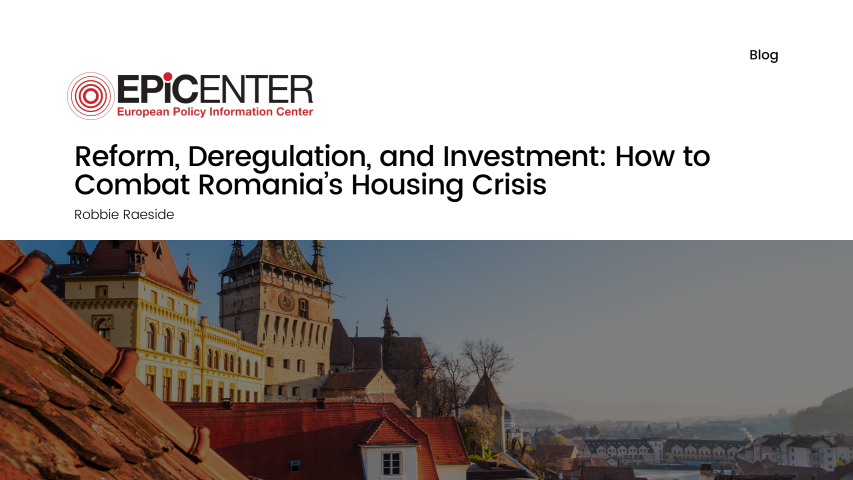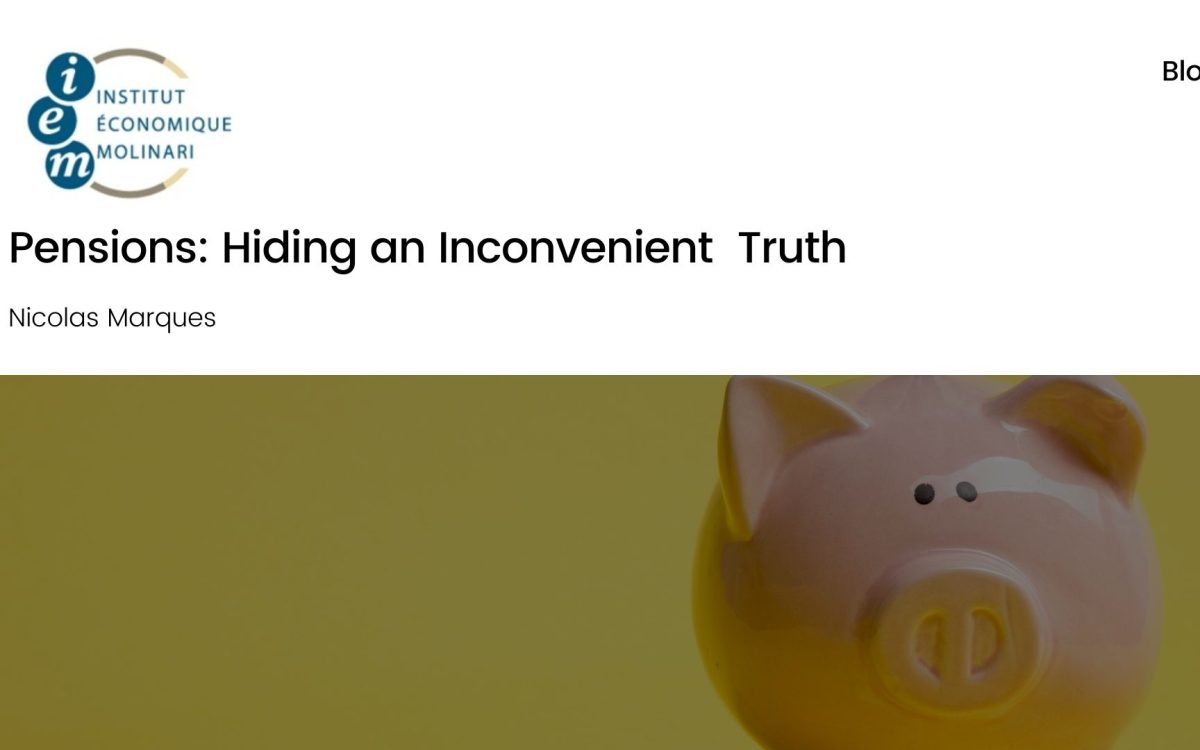Reform, Deregulation, and Investment: How to Combat Romania’s Housing Crisis

Reform, Deregulation, and Investment: How to Combat Romania’s Housing Crisis
Robbie Raeside // 26 July 2022
Due to the severe housing crisis in Romania, the government should be putting efforts toward simplifying the property development process rather than maintaining the current burdensome regulatory regime.
Despite high levels of home ownership in Romania, the demand for housing is extremely high with prices skyrocketing in key cities and urban centres. This contrasts with rural Romania where housing is cheap but buyers are difficult to find.
Rising housing prices important cities are a key contributor to the cost-of-living crisis in Romania. However, this is not a new issue; it has been developing for years while the Romanian government made no improvement efforts and allowed the situation to deteriorate further. Combined with other inflationary pressures caused by geopolitical and other factors, the situation has now become untenable. Urgent action such as simplifying housing and planning laws is a simple, quick, and long-overdue fix to alleviate the cost-of-living crisis in Romania.
In Romania, planning laws are complex and the planning process is arduous. Romania is ranked 55th out of 190 countries in terms of ease of doing business (EoDB). It ranks particularly low (147th out of 190 countries) in terms of ease of obtaining a building permit. The process entails over 24 procedures, takes an average of 260 days, and costs around 2 percent of the total construction cost. This creates unnecessary barriers to planning and disincentivises property development. Therefore, this sector requires significant reform.
Poland provides a good model based on which Romania can reform its planning laws. In Poland, planning zones are used to simplify the property development process. These laws are determined by local governments, which have a better idea of housing needs than the central government. These zones determine minimum requirements for property development, such as building height, how properties will be accessed, and what types of buildings can be constructed, greatly simplify the planning process. Individuals are still required to apply for planning permits, but zoning sets standards that can speed up the process. Enacting similar laws in Romania could transform the speed and ease of property development which would alleviate the rising cost of housing.
In Poland, a suggested amendment to planning laws would make it easier for individuals to build their own homes by removing the need for planning permission for detached properties with two storeys and a footprint under 70m2. Enacting similar reforms in Romania would help alleviate rising house prices by simplifying the process of building homes.
Another solution to the housing price crisis is investing in infrastructure to better connect rural areas where housing is cheap and plentiful with urban areas where jobs and opportunities are in abundance. This could include improving internet speeds and connectivity to help employees make better use of the technologies and working practices that have become commonplace in our post-pandemic world. This could also help reduce the demand for accommodation near workplaces. Investment in public transport and roads, which shorten commuting times for workers, will also help reduce the demand for housing in urban centres. Both these solutions would ease pressure on housing prices in urban areas by making living in rural areas more attractive. However, both these approaches require deregulation to make it simpler, quicker and more attractive to invest in and construct crucial infrastructure.
In conclusion, common sense planning reform and targeted investment is needed to alleviate Romania’s cost-of-living crisis and tackle the severe rise in housing prices. This is long overdue and could transform Romanian society, so it is confounding that it hasn’t happened already.
EPICENTER publications and contributions from our member think tanks are designed to promote the discussion of economic issues and the role of markets in solving economic and social problems. As with all EPICENTER publications, the views expressed here are those of the author and not EPICENTER or its member think tanks (which have no corporate view).



